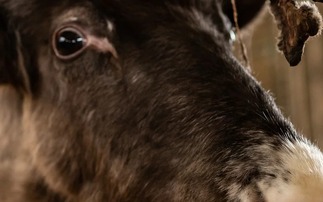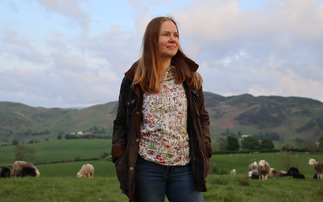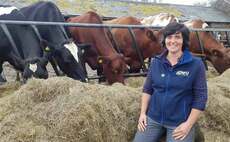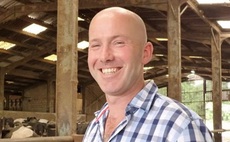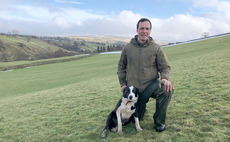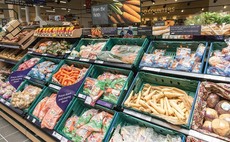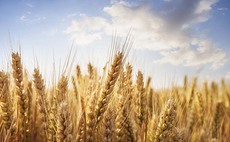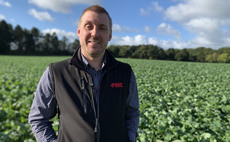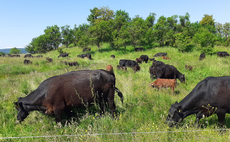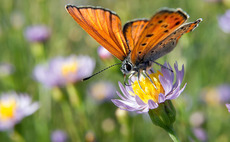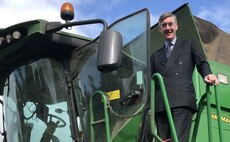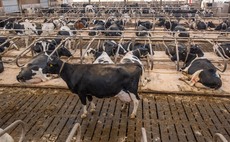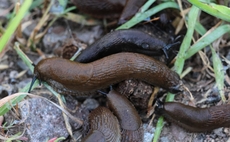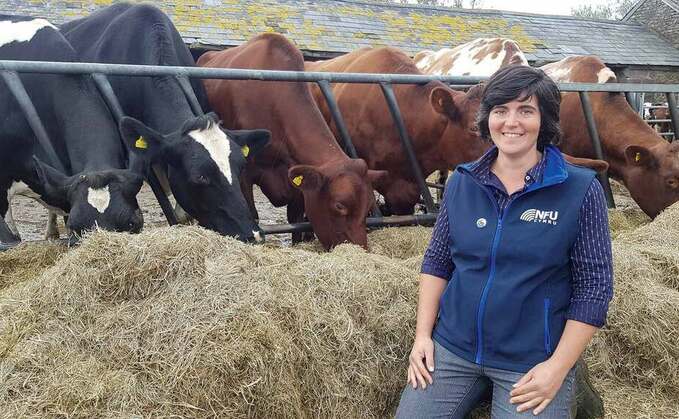
In October I stood in a room full of 800 farmers and rural businesses at Farmers Guardian's British Farming Awards and watched Sheena Horner step onto the stage and accept the Farming Hero honour.
She was being recognised for her contribution to raising awareness and funds for rural mental health and in particular for her role in setting up #Run1000 in January 2021.
If you haven't heard of it, the four nations of the UK, and also New Zealand, are competing to clock up miles on Strava, the fitness app. Whether you want to run or walk, every mile you do in January can contribute towards your country's overall miles as you go head to head with the others.
You pay a small entry fee which is donated to a rural mental health charity and have a lot of fun by simply being part of a team.
Last year I was running Strava during milking and checking youngstock, it's really that simple. And it will be happening again in January 2022, so make sure you sign up.
Fast forward to November and as a rural community we need to feel part of a rural team now more than ever.
As a livestock farmer I have found COP26 exasperating. Covid-19 was a very quiet time for criticism of meat and dairy, but it's now back with a vengeance.
Led by the BBC, our Prime Minister and other misinformed politicians, livestock are public enemy number one.
In Wales, plans are being thrashed out to plant a national forest stretching from the top of the country to the bottom, disrupting our communities like some ‘eco' HS2.
The ‘noise' now is all many can hear during stressful times like bTB testing, winter housing and shorter daylight hours.
COP26 has given us a global commitment for 30 per cent reduction in methane by the end of the decade and here in the UK sights seem to be locked firmly on livestock.
Meat is quietly disappearing off school menus on ‘Meat Free' Mondays, and there's talk of ‘getting rid of cows'.I recently did an interview, for BBC radio, and was asked why I couldn't grow more veg.
It's difficult to imagine a potato or pea harvester navigating its way down our narrow country lanes into those two/three-hectare fields, with slopes, on our grade 3b soil with all the stones, clay and bedrock. I hesitated to use the word impossible, but the economic viability of it seems improbable.
And somehow everyone seems to be missing the point on nutrition. Do we simply replace 1kg of meat with 1kg of broccoli?
People from Hong Kong are the longest lived people in the world. They eat 50 per cent more meat than the average US person.
This throws into doubt the theory vegetarians live longer. Heart disease, type 2 diabetes and stroke are some of the UK's biggest killers and scientific evidence confirms meat and dairy as part of a balanced diet can greatly help reduce these.
If we stop providing this food on our home soils will we simply import it from elsewhere?
And how responsible is that when UK livestock production is one of the most sustainable systems in the world, we turn our back on it, missing the opportunity to help other countries to meet their nutritional needs in a carbon responsible manner.
We have our ambition as a farming industry to be carbon neural by 2040 through a mix of carbon sequestration, renewable energy and production efficiency.
Even the UN recognised the value of grasses which was a big win for me.
I think production efficiency is key, do not underestimate it. The other two are bonuses.
The negative noise can sometimes seem deafening, particularly during some of our darkest winter months.
So if you need a lift, or want to lift others, get behind the #Run1000 team, or do the tractor runs, the farm walks and the club dinners.
Not everyone will desire to run marathons but we can all put one foot in front of the other.












